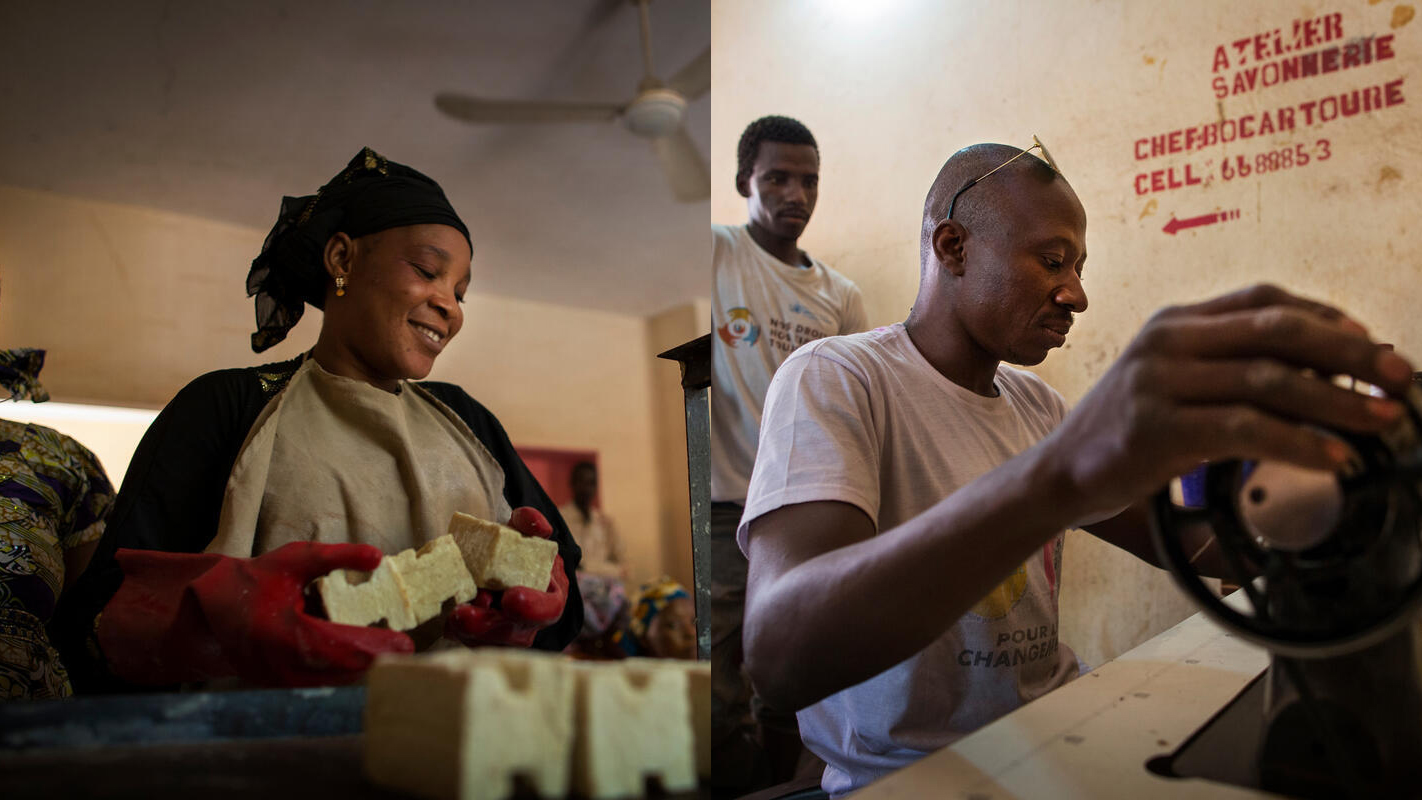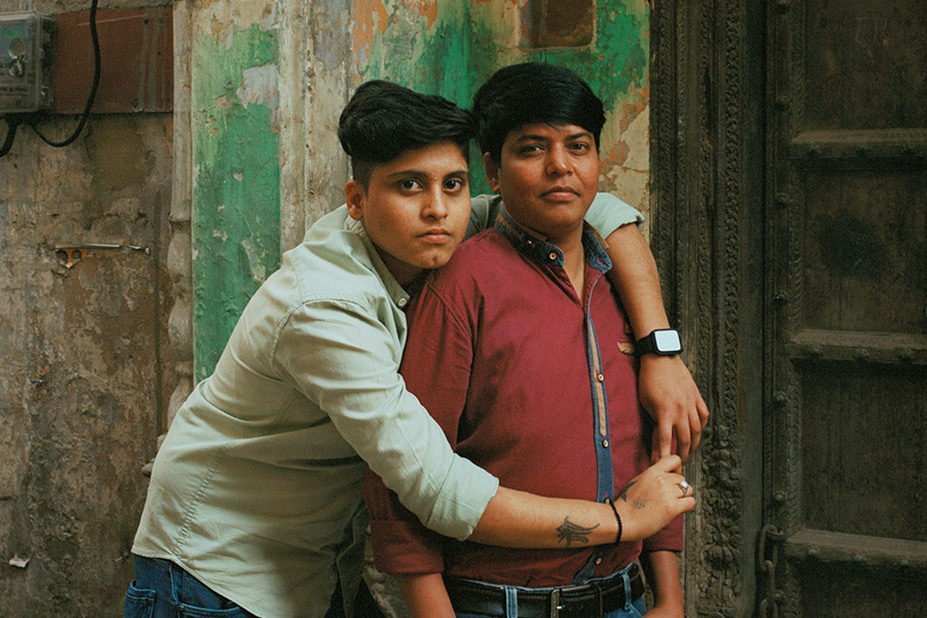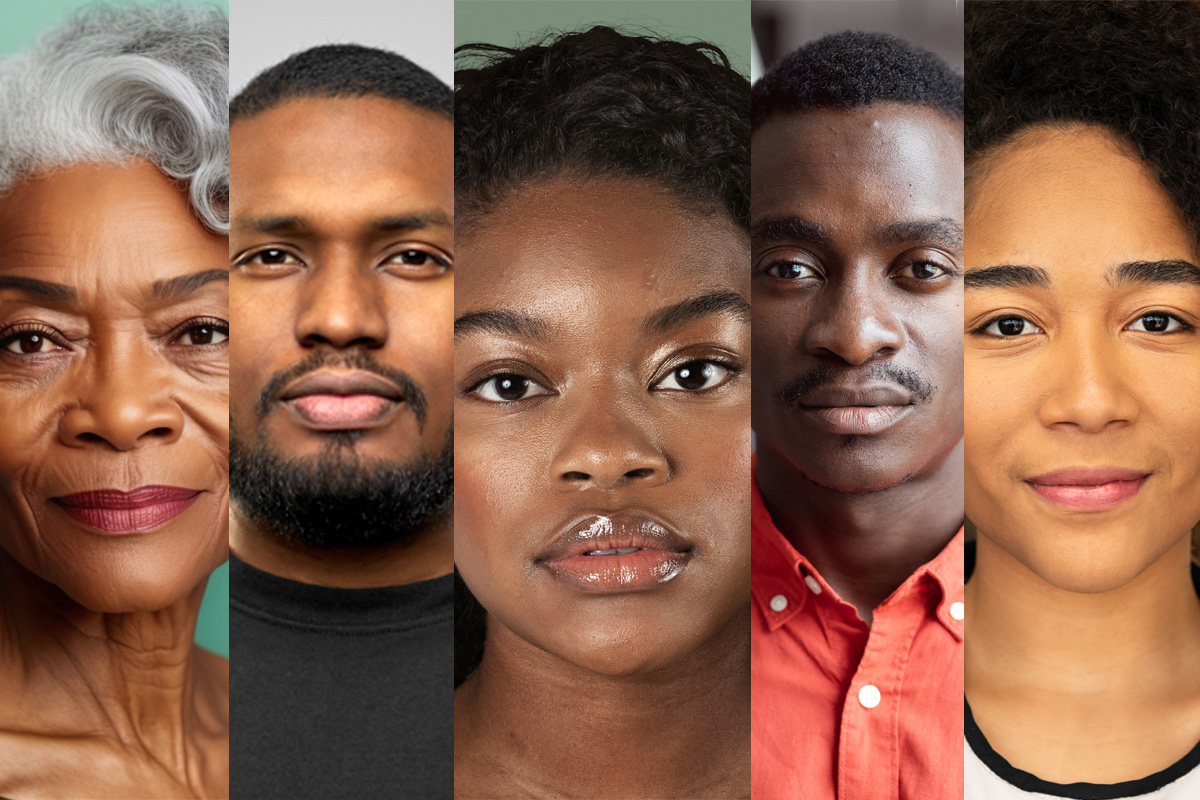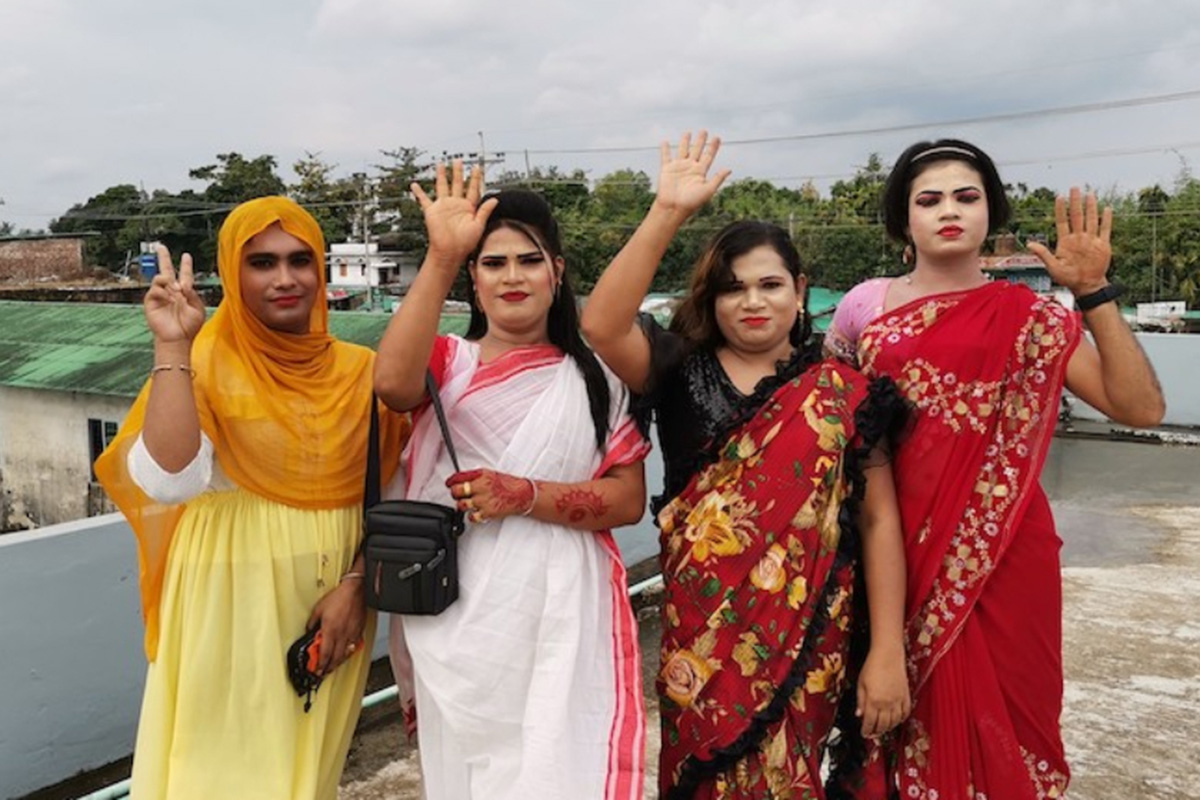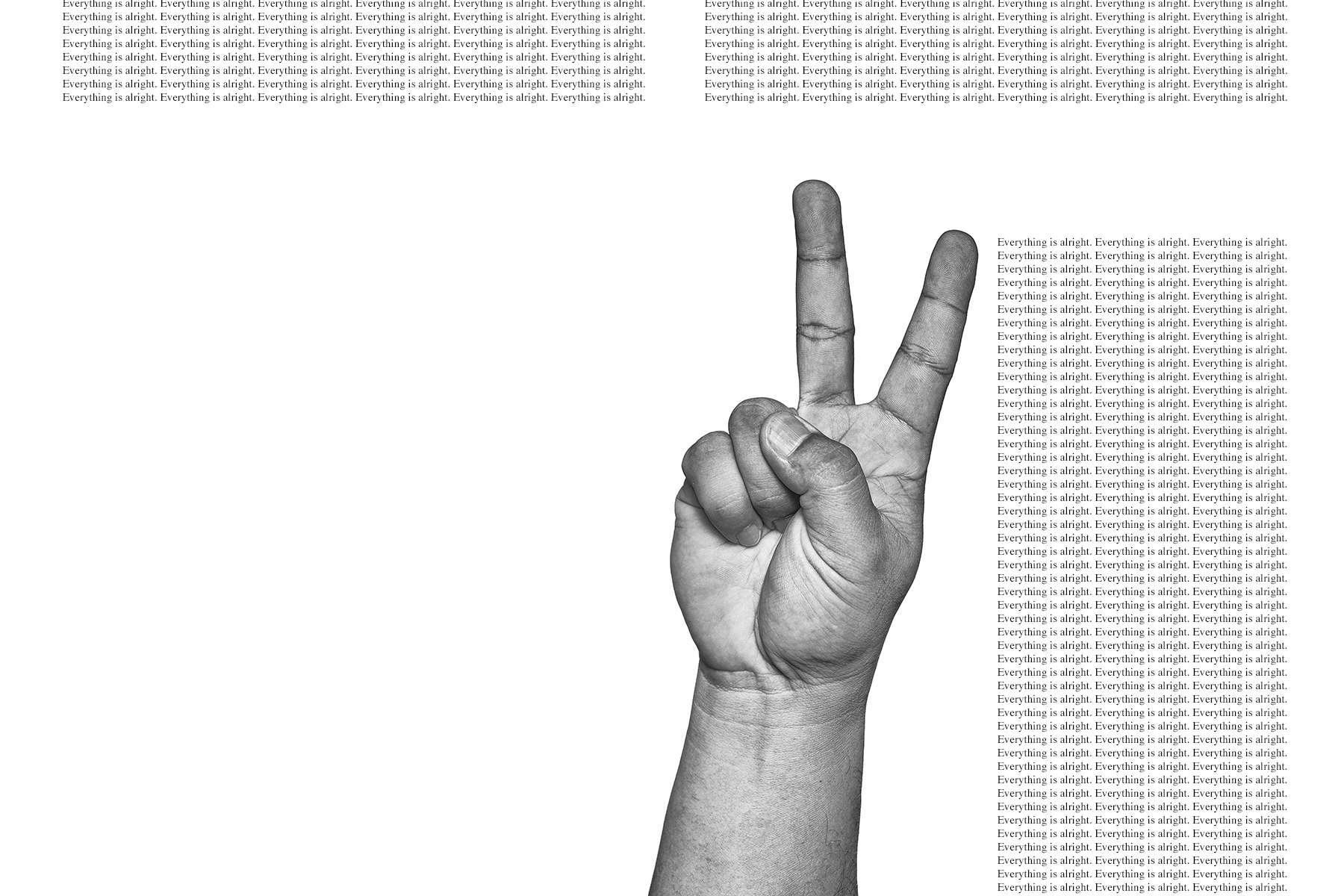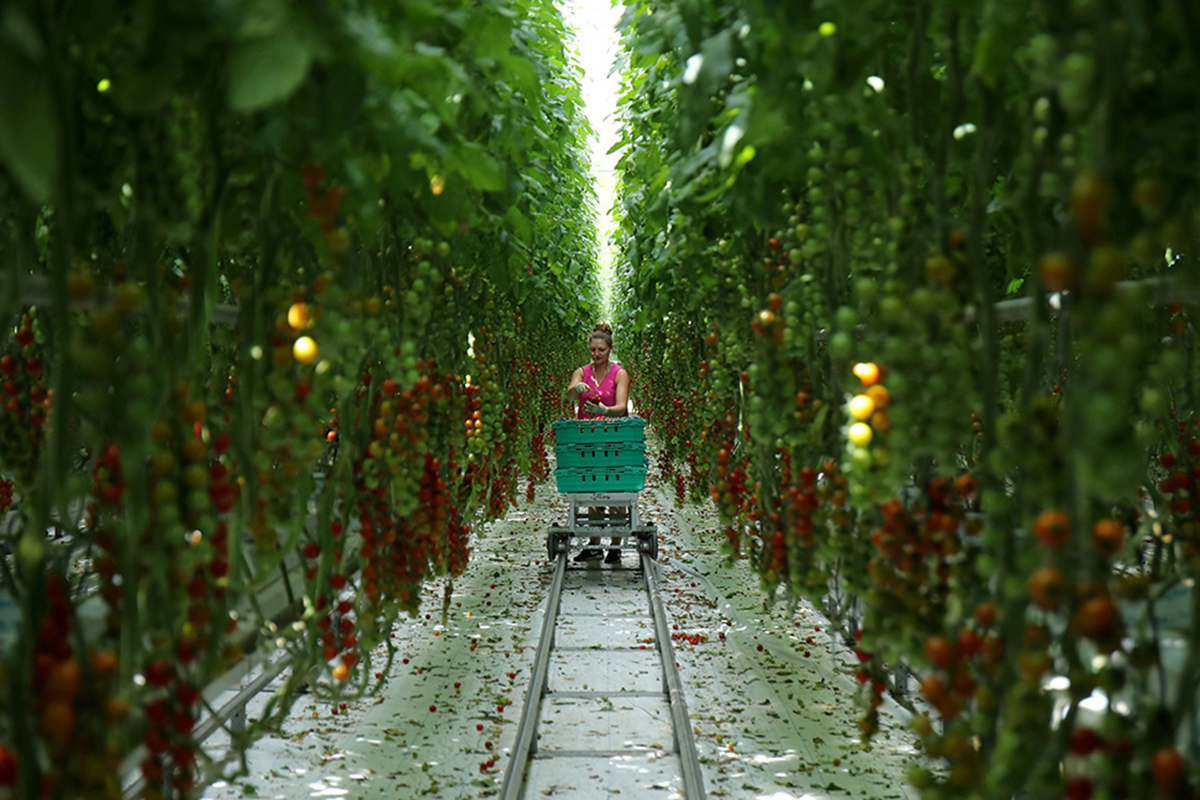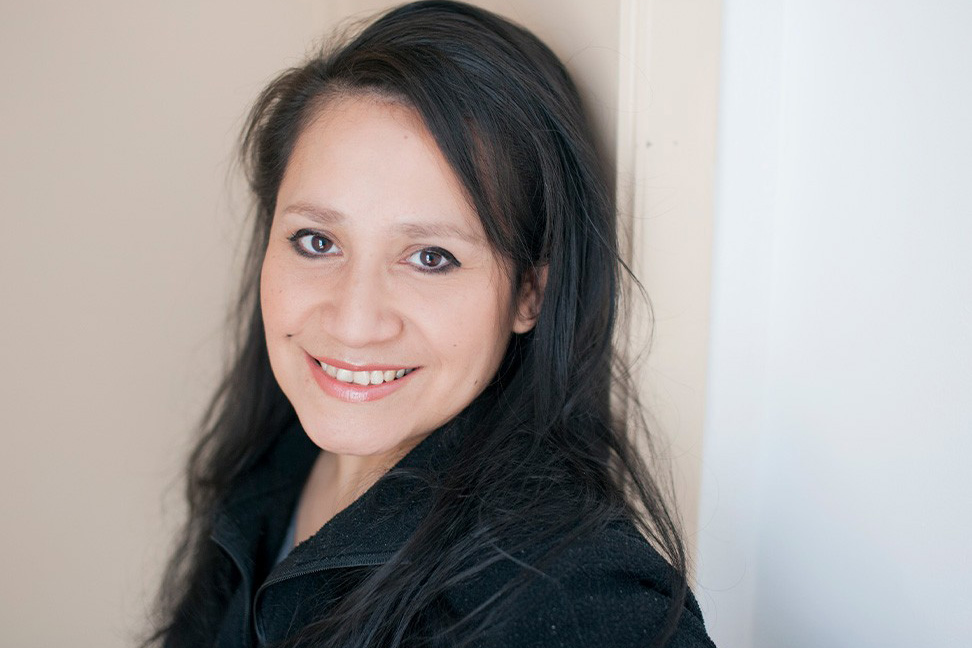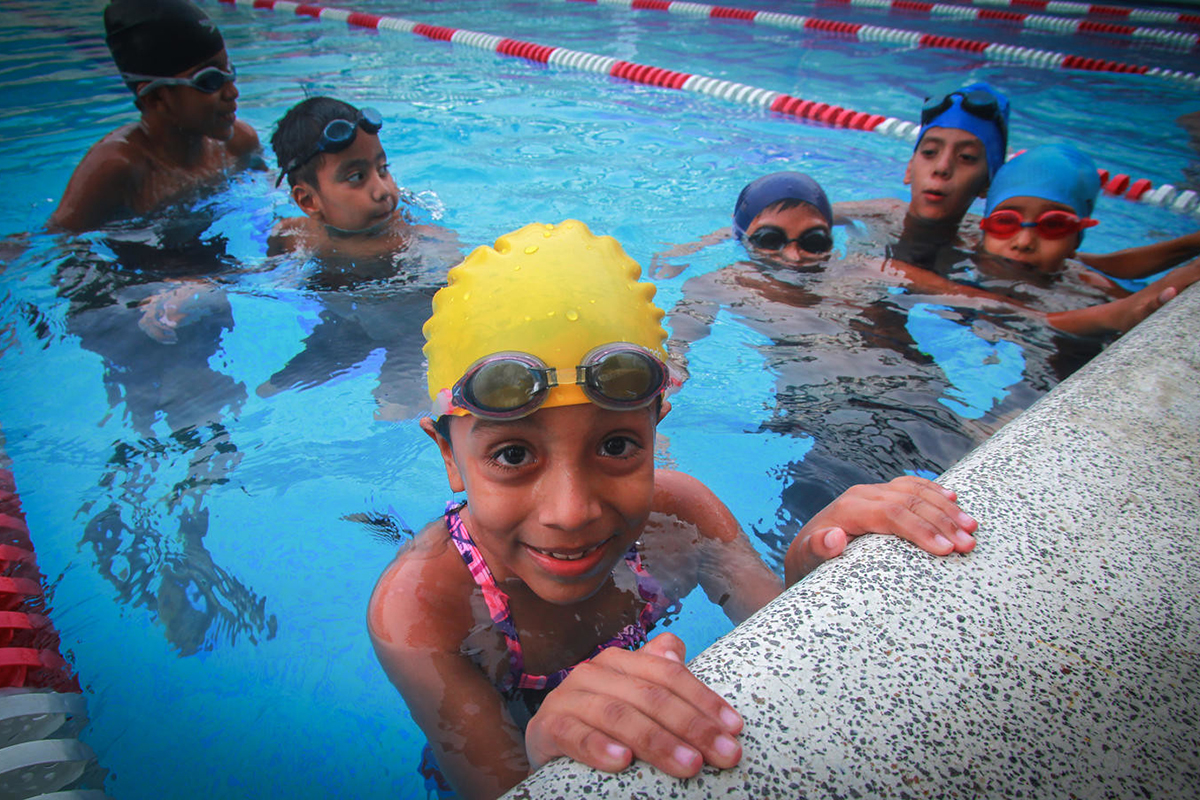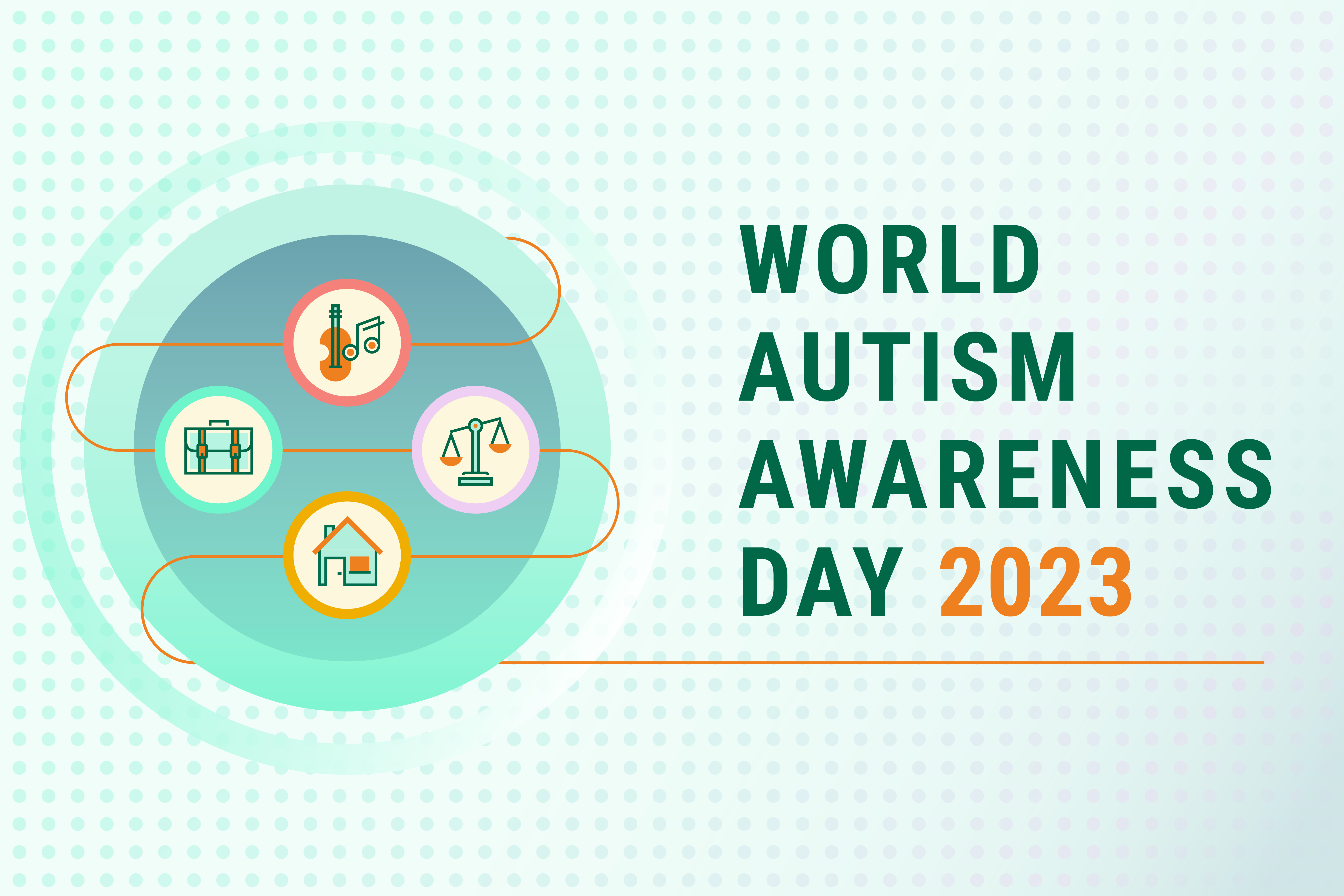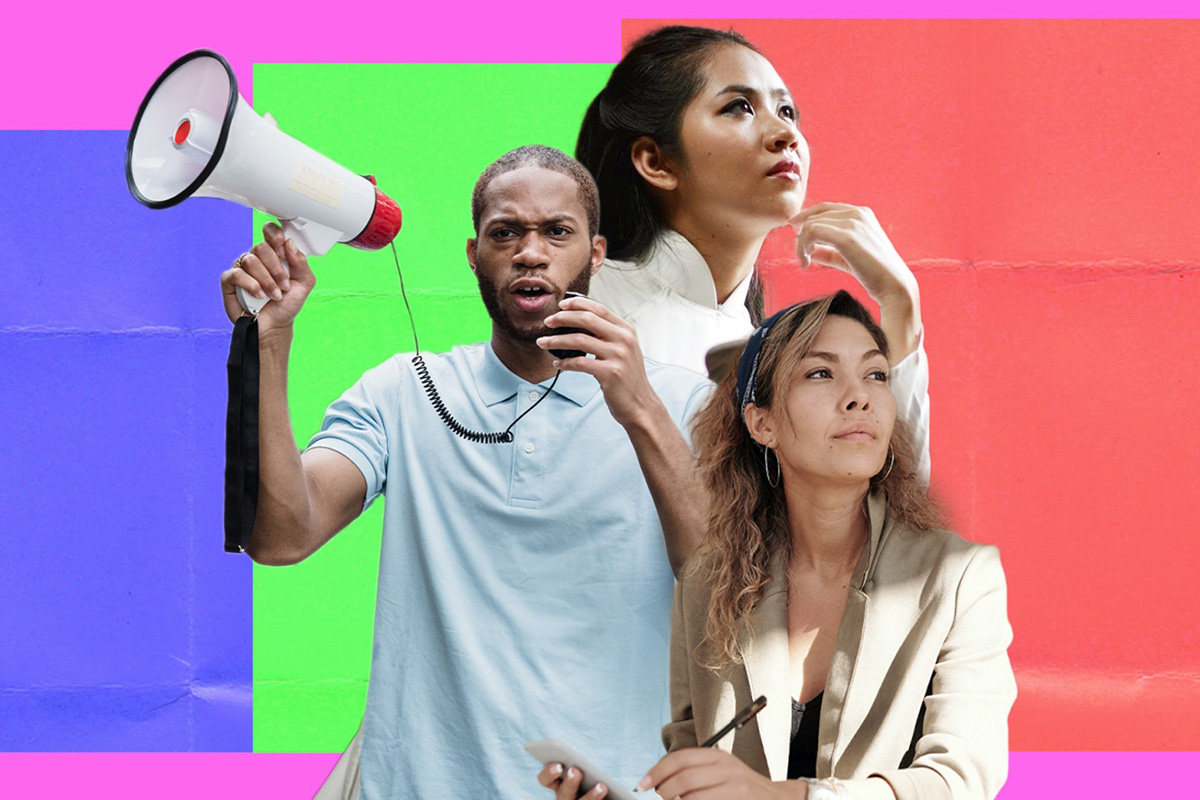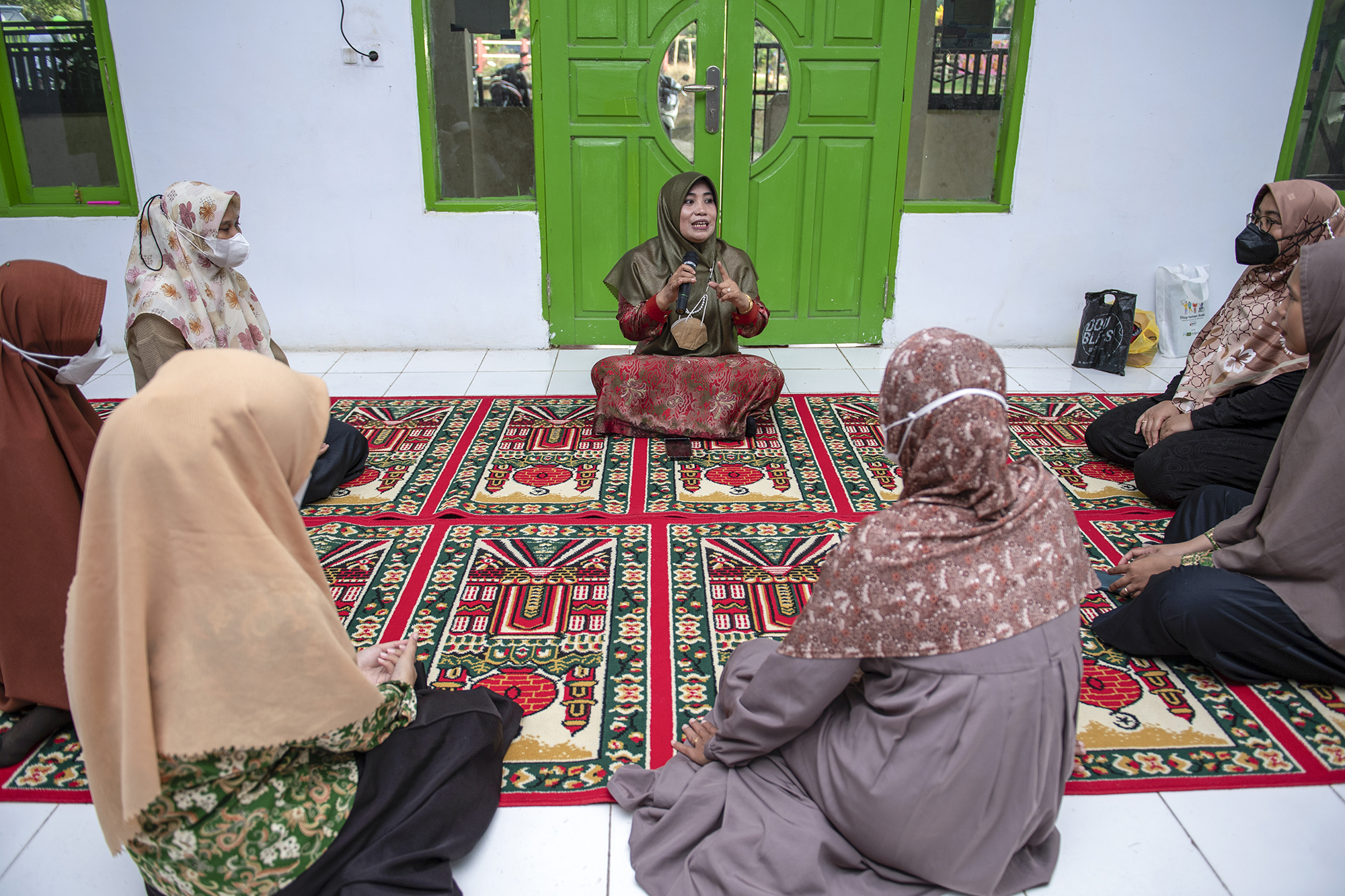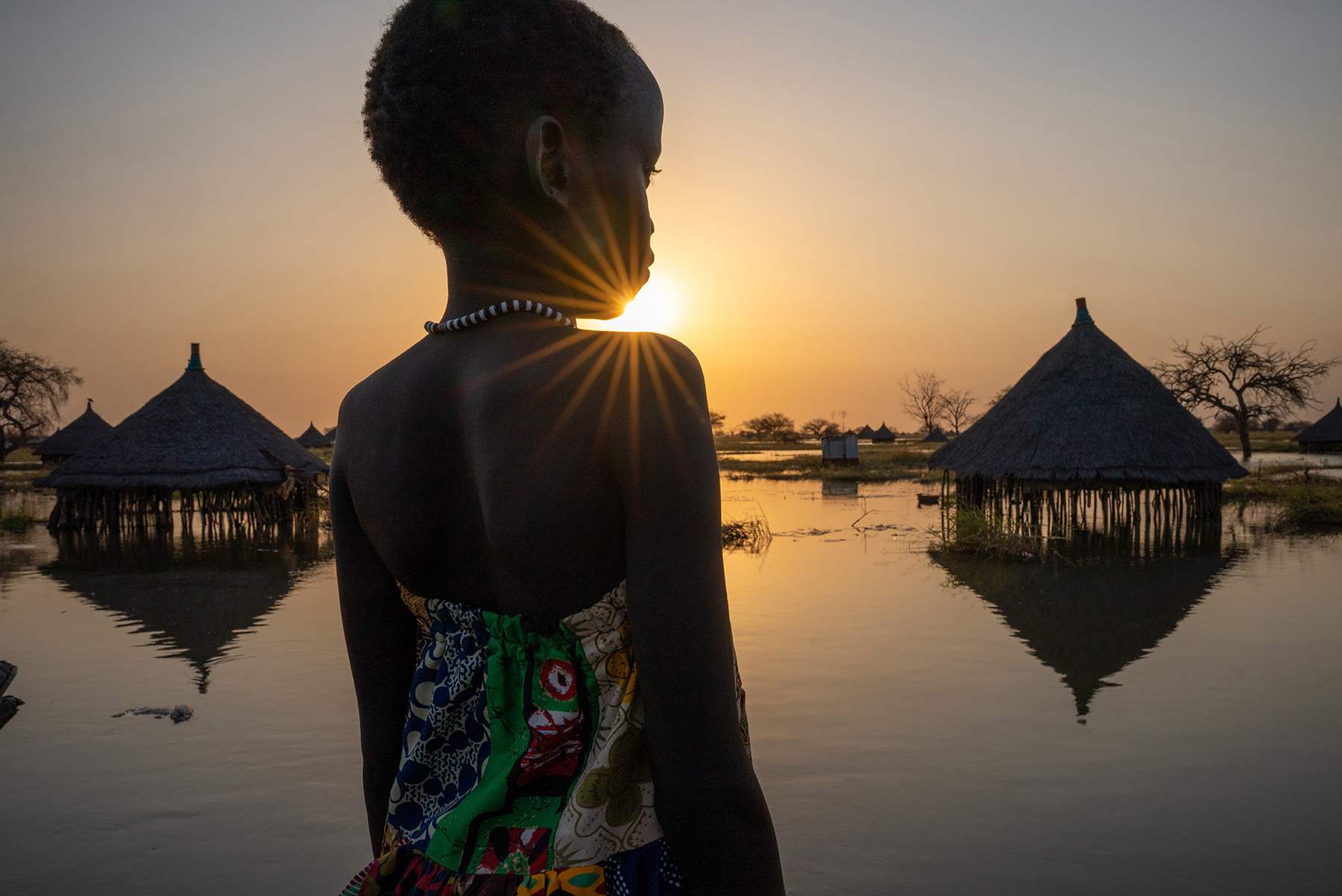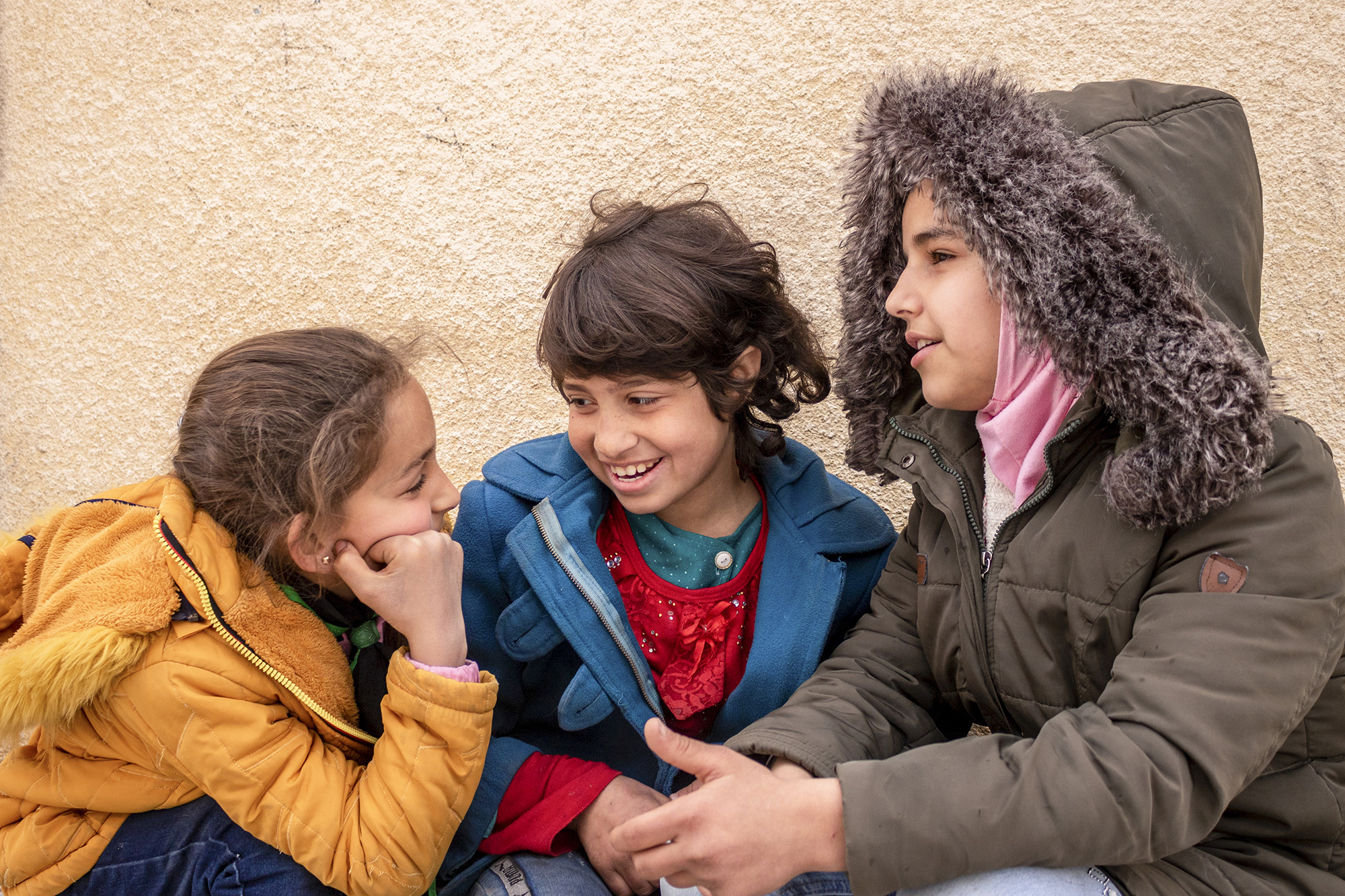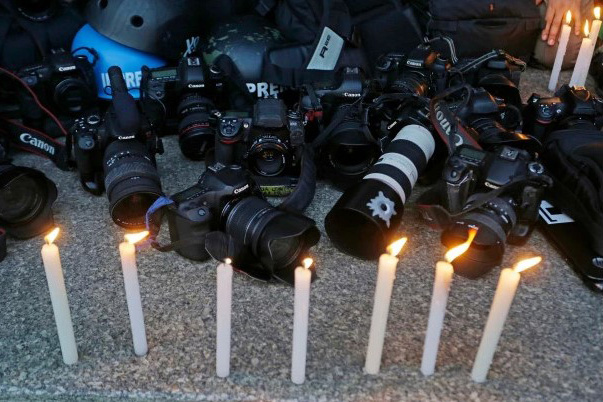Find out more in
Human Rights
As we together to celebrate Pride Month, UNAIDS stands in solidarity with LGBTQI communities – a reminder of our commitment to human rights, equality and decriminalized same-sex relationships.
The Permanent Forum on People of African Descent holds its second session on 30 May to 2 June 2023 under the theme: “Realizing the Dream: A UN Declaration on the promotion, protection and full respect of the human rights of people of African descent”. Towards this end, the discussions will focus on human rights concerns of people of African descent on issues such as global reparatory justice; Pan-Africanism for dignity, justice, and peace; transnational migration; recognizing and addressing systemic and structural racism; and health, well-being, and intergenerational trauma.
Heavy fighting continues as the prospect of acute hunger is becoming more likely by the day. In almost one month, hundreds of people have been killed in the fighting, over 150,000 have fled Sudan, and hundreds of thousands have become internally displaced, adding to those already displaced by previous conflicts.
The International Day Against Homophobia, Transphobia and Biphobia (17 May) celebrates the hard-won advances for LGBTQIA+ people rights, while recognizing and respecting diverse identities.
This year marks the 30th anniversary of World Press Freedom Day. It is a day to celebrate the fundamental principles of press freedom, to evaluate press freedom around the world, to defend the media from attacks on their independence and to pay tribute to journalists who have lost their lives in the exercise of their profession. For this #WorldPressFreedomDay, we encourage everyone to publish a single message: "Everything is alright." Because if everything is alright in the news, then something is wrong with journalism. And when journalism is compromised, we cannot protect human rights.
According to UN Human Rights, a human rights economy places people and the planet at the heart of economic policies, investment, decisions consumer choices, and business models, with the goal of enhancing the enjoyment of human rights for all. To ensure human rights is at the core of sustainable development, UN Human Rights created the Surge Initiative in response to rising inequalities, the slow implementation of the SDGs and increasing social unrest. The mission is to step up engagement on economic, social, and cultural rights and strengthen the link between human rights and economics.
It 1982, the military regime surrounded the village of Nebaj, where Izabel Lopez Raymundo lived in Guatemala. They set fire to the houses; shot a man; the son trying to protect the family was also shot. The mother, with a baby on her back, was shot close range. The bullet killed the mother but lodged in the baby’s body. A soldier took the baby and placed her in an orphanage. The baby, now grown, is Lopez. She has a scar on her chest where the bullet went in. Lopez told her story during the recent session of the OHCHR Committee on Enforced Disappearances (CED).
Sport can play a key role in bringing people together while promoting solidarity and respect for all. In recognition of the positive influence that sport can also have on the advancement of human rights, and sustainable development, the United Nations celebrates the International Day of Sport for Development and Peace on 6 April. A number of Davos-style conversations, highlighting the power of football and other sports in advancing the SDGs and human rights will take place at UN Headquarters in New York. Watch the virtual event live on UN Web TV and on the UN's YouTube channel.
We are moving away from the narrative of curing or converting autistic people and instead focusing on accepting, supporting and including autistic people, and advocating for their rights. This is a major transformation for all autistic people, their allies, the wider neurodiversity community. It enables autistic people to claim their dignity and self-esteem, and to become integrated as valued members of their families and societies. This year’s World Autism Awareness Day (2 April) focuses on the contributions by autistic people in the home, at work, in the arts and in policymaking.
The Universal Declaration of Human Rights (UDHR) proclaims that all human beings are born free and equal in dignity and rights, without distinction of any kind, including that of race. The Human Rights Council convenes today to debate the urgency of combating racism and racial discrimination 75 years after the adoption of the UDHR. The discussion gathers activists fighting against racism, racial discrimination and xenophobia to share their experience, expertise and recommendations on how to address some of the most pressing challenges and obstacles. Watch on UN WebTV.
Intolerance and discrimination against Muslims are not new phenomena, but they have evolved and reached epidemic proportions in recent years, often fueled by sections of the media and by some political discourse. Anti-Muslim bigotry is also part of a larger trend of a resurgence in ethno-nationalism, neo-Nazism, and hate speech targeting vulnerable populations. The International Day to Combat Islamophobia (15 March) seeks to send the clear message that Islamophobia should be countered through a discourse based on respect for human rights and for the diversity of religions and belief.
The UN High Commissioner for Human Rights, Volker Türk, addressed the 52nd session of the Human Rights Council in Geneva. Mr. Türk delivered his first global oral update to the Council on the activities of his Office and on recent human rights developments worldwide. He pointed to conflict, discrimination, poverty, restrictions on civic space, the triple planetary crisis, and a surge of new human rights challenges involving artificial intelligence and surveillance, as the main concerns. He called for going the extra mile this year, which marks the 75th anniversary of the UDHR.
The UN Human Rights Council is holding its 52nd regular session from 27 February to 31 March 2023 in Geneva. The Council is made up of 47 member states elected by the UN General Assembly. It is responsible for strengthening the promotion and protection of human rights around the globe and for addressing situations of human rights violations. Among the topics on its agenda this year are rights violations relating to the use of the death penalty, community inclusion of persons with disabilities, the rights of the child and the digital environment, and the elimination of racial discrimination. The UN Secretary-General addressed the opening meeting, urging respect for the rights of refugees and migrants.
The spike in killings in 2022 marks a dramatic reversal of the positive trend seen in recent years: from 99 killings in 2018, the number had dropped to an average of 58 killings per year from 2019-2021, according to the UNESCO Observatory of Killed Journalists. Around half of the journalists killed were off duty at the time they were targeted. These numbers are a reminder of the growing fissures in rule of law systems worldwide and highlight states’ failure to fulfil their obligations to protect journalists and prevent and prosecute crimes against them.

